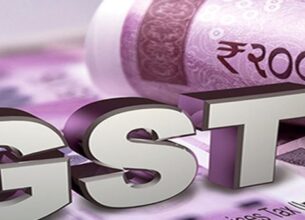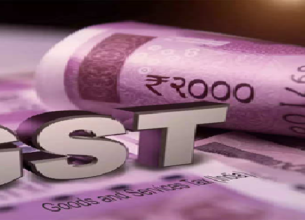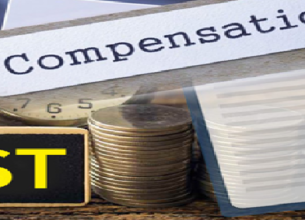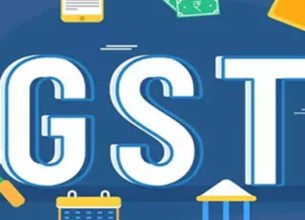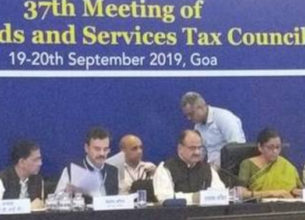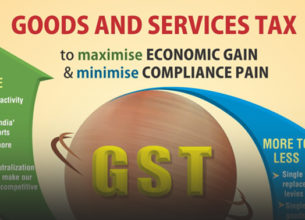E-WAY BILLS
Why in News?
- Having been stuck for the last two weeks amid lockdown in the country, truckers raise concerns over e-way bills for goods in transit or in godowns, which were getting expired and could not be renewed on due dates.
E-way Bills:
- E-Way Bill is the short form of Electronic Way Bill.
- It is a unique document/bill which is electronically generated for the specific consignment/movement of goods from one place to another, either inter-state or intrastate and of value more than INR 50,000, required under the current Goods and ServicesTax (GST) regime.
- It offers the technological framework to track intra-state as well as inter-state movements of goods of value exceeding Rs 50,000, for sales beyond 10 km in the GST regime.
- The e-Way Bill has been made compulsory from 1st April 2018.
- When e-Way Bill is generated, a unique e-Way Bill Number (EBN) is made available to the supplier, recipient and the transporter.

Who Should Generate an e-Way Bill?
- GST Registered Person:
- When a registered person causes the movement of goods/ consignment, either in the capacity of a consignee (i.e., buyer) or consignor (i.e., seller) in his/her vehicle or hired vehicle or railways or by air or by ship, then either the registered person or the recipient should generate the e-Way Bill.
- Unregistered Person:
- When an unregistered person causes the movement of goods, through his/herconveyance or hired conveyance or using the services of a transporter, then the eWay Bill needs to be generated either by the unregistered person or by the
When Should E-Way Bill Be Issued?
- Ideally, e-Way Bill should be generated before the commencement of movement of goods above the value of INR 50,000 (either individual invoice or consolidated invoice of multiple consignments).
- The movement of goods will be either about a supply/ reasons other than supply (like return)/ inward supply from an unregistered person.
- For purposes of an e-Way Bill, supply is considered either a payment in the course of business/ a payment which may not be in the course of business/ no consideration of payment (in the case of barter/ exchange).



